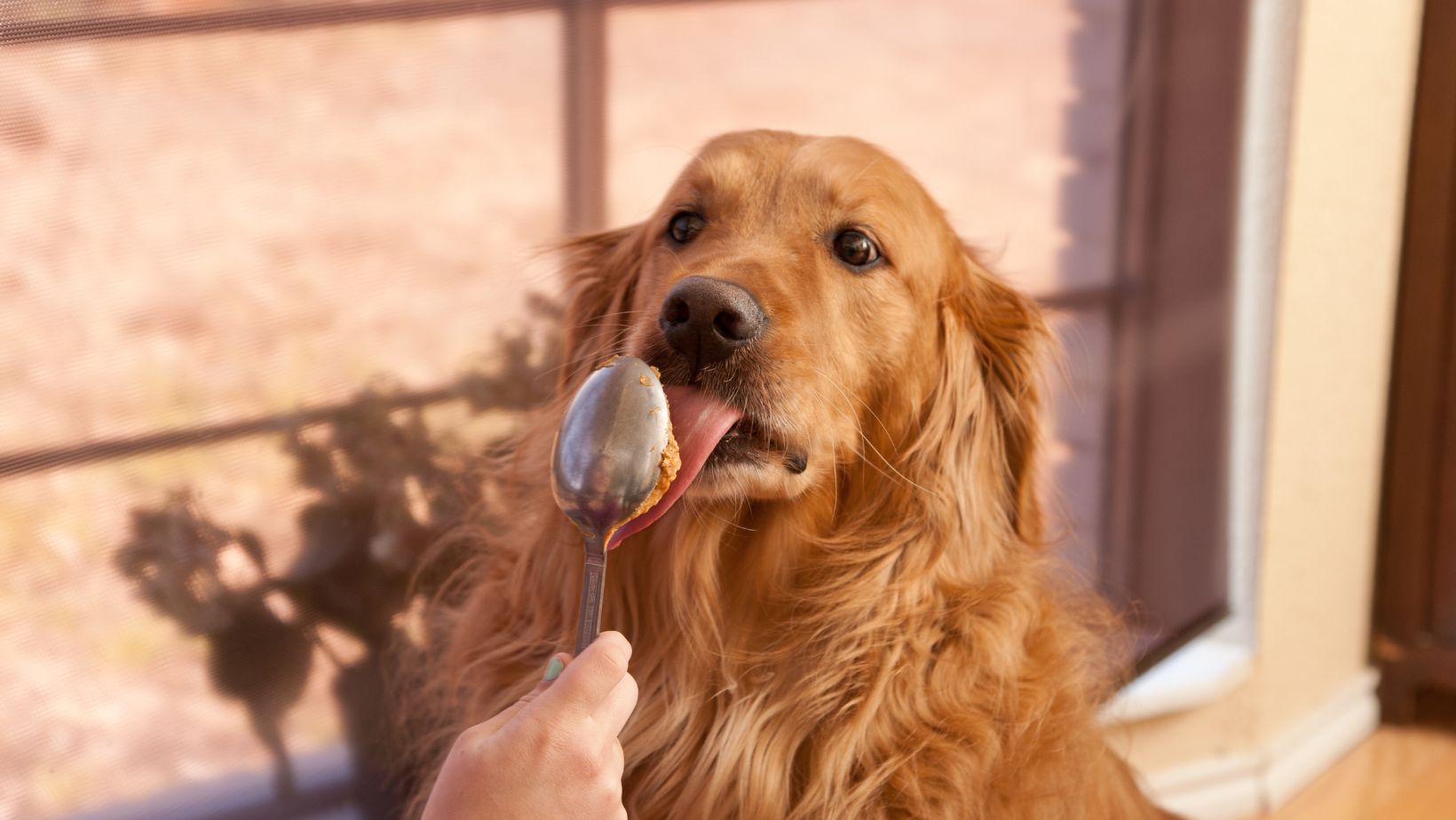Kennel Cough in Dogs
If you’re a pet parent of a lovable Labrador, the mere mention of kennel cough may fill you with concern. It’s understandable because, as dog owners, we want nothing but the best for our furry companions. So when it comes to kennel cough in dogs, particularly in Labradors, it’s crucial to arm ourselves with accurate information.
Kennel cough is an airborne disease that your Labrador can easily contract from other dogs at parks, daycare centers or even during their regular walks. Although the name may suggest otherwise, this ailment isn’t confined to just kennels. Common symptoms include a persistent and robust cough along with sluggishness and reduced appetite.
Luckily though, treating kennel cough isn’t as daunting as it sounds. With early detection and proper veterinary care, your Labrador can shake off this illness and bounce back to their usual playful self in no time! In this post I’ll be sharing valuable insights on how to treat kennel cough effectively in Labradors so that you’re well-prepared if ever faced with this situation.
Understanding Kennel Cough in Dogs
Peering into the world of our canine companions, it’s essential to understand one condition that frequently plagues them – kennel cough. Just like us humans, dogs can catch a cold too, but their version is referred to as ‘kennel cough.’ It’s a highly contagious respiratory disease that gets its name from the fact that it tends to spread rapidly in areas where dogs are in close quarters – like kennels.
So what causes this ailment? Primarily, kennel cough results from infection with Bordetella bronchiseptica and canine parainfluenza virus. These pathogens attack the dog’s windpipe and voice box causing inflammation. The most recognizable sign of kennel cough is a forceful, persistent cough often described as sounding like a goose honk.
Let’s talk about Labradors specifically for a moment. These lovable pups are no more susceptible to kennel cough than any other breed; however, because they’re so sociable and active (often participating in dog shows, hunting games or visits to dog parks), they may be exposed more frequently to conditions where the disease spreads easily. Hence, treating kennel cough in Labradors becomes crucial if they contract this ailment.
And how do we tackle this issue? Treatment typically involves antibiotics and sometimes cough suppressants if your pet seems particularly uncomfortable. In severe cases or those involving puppies or elderly dogs with weaker immune systems, hospitalization may be necessary.
Prevention strategies include regular vaccination against Bordetella bronchiseptica and proper hygiene practices at places where dogs gather – ensuring clean water bowls, adequately washed bedding materials among others.
 Identifying Symptoms of Kennel Cough
Identifying Symptoms of Kennel Cough
Being a responsible pet owner, it’s essential for me to recognize when my Labrador isn’t feeling well. One common ailment that dogs often encounter is kennel cough. Let’s delve into this topic and explore some key symptoms associated with this condition.
First and foremost, the most notable symptom of kennel cough in dogs is a persistent dry cough. It’s often described as sounding like a goose honk or as if the dog has something stuck in its throat. This can be particularly troubling for Labradors who are known to have hearty appetites and enjoy their food.
In addition, dogs suffering from kennel cough may exhibit other signs such as runny nose, loss of appetite, lethargy, or fever. They might even experience bouts of retching or gagging after bouts of vigorous exercise or excitement. These symptoms can be distressing not only for our beloved pets but also for us as owners.
However, I’d like to point out that these symptoms aren’t exclusive to kennel cough alone. Other serious conditions could present similar signs too. Therefore it’s critical not to jump to conclusions without seeking professional veterinary advice first.
For instance, heart disease in dogs can also cause persistent coughing whereas respiratory infections might lead to discharge from the nose along with other flu-like symptoms.
All things considered; while treating kennel cough in Labradors or any other breed for that matter primarily involves alleviating these distressing symptoms until the condition resolves itself naturally over time – early detection plays a crucial role too!
 Identifying Symptoms of Kennel Cough
Identifying Symptoms of Kennel Cough